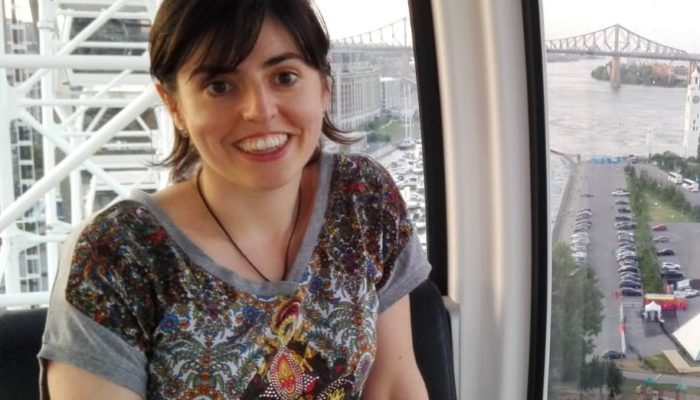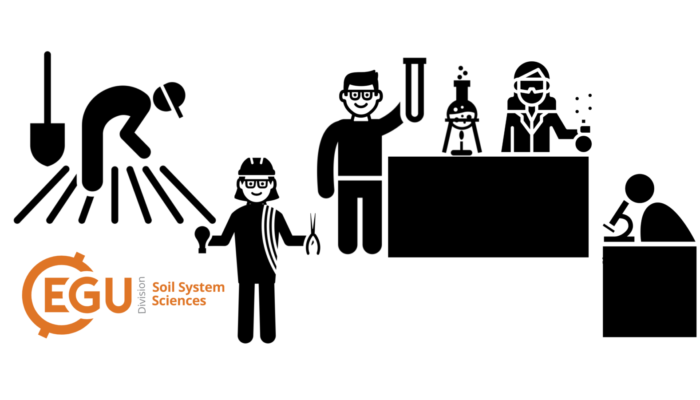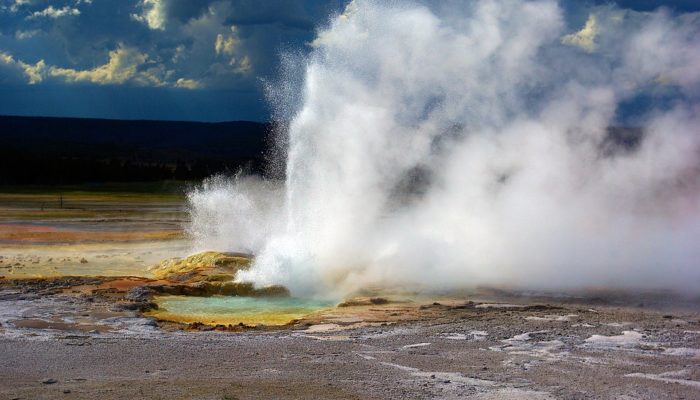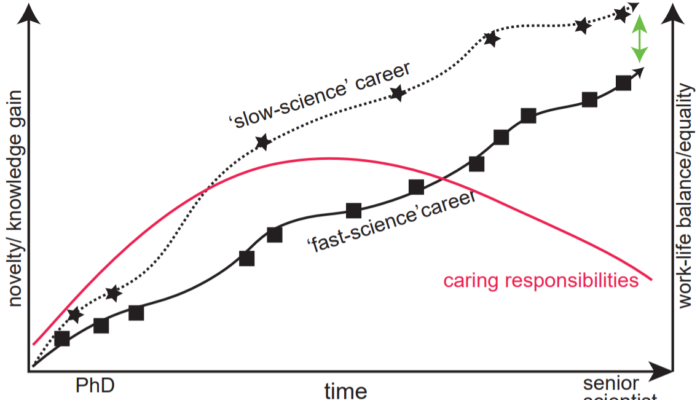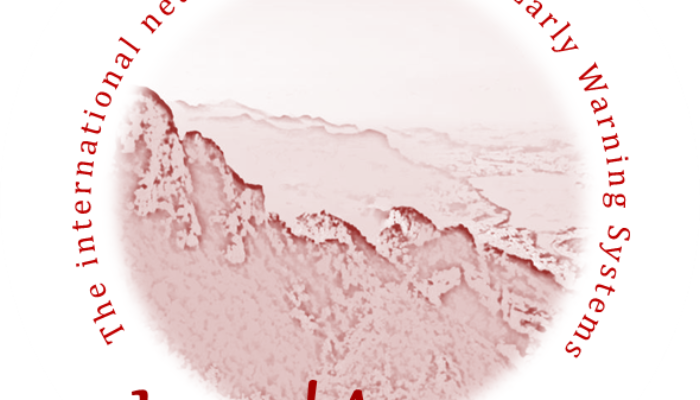On this page, we regularly update open positions in Seismology for early-career scientists. Do you have a job on offer? Contact us at ecs-sm@egu.eu Please, note that other available research positions are displayed on the EGU Jobs Portal. Special Thanks to Eric Löberich for researching job postings for the ECS.
If you didn't find what you was looking for try searching again.
Geodynamics
The Sassy Scientist – Empty Promises
Hugo is trying to refute some hypothesis postulated by a rival research group, yet he is unable to actually unearth the factual evidence behind this claim. Frustrated by the lack of transparency, he groans: How is it possible that I come across unhelpful references in peer-reviewed papers? Dear Hugo, The publishers don’t care. Not really. As long as alumni jot down some names and an annum in brack ...[Read More]
GeoLog
GeoTalk: Meet Saioa Arquero, the Earth Magnetism and Rock Physics Division’s Early Career Scientist Representative
Hello Saioa, thank you for speaking with us today! Could you introduce yourself? My name is Saioa Arquero Campuzano. I’m a postdoctoral researcher at the Geosciences Institute in Madrid and I’m the Early Career Scientist (ECS) Representative for the Earth Magnetism and Rock Physics Division at EGU. This is my fourth year as a postdoc. After my PhD in Physics at Complutense University of Madrid, I ...[Read More]
Soil System Sciences
The importance of our SSS (…Soil Support Staff!) #6
It’s May, and here at Soil System Science HQ we’re calming down after a busy yet fascinating fortnight at the General Assembly. Over the course of two weeks, we enjoyed many thousands of soil science presentations – each one representing a great contribution to our knowledge and understanding about the soil system. Of course, we should never forget that much of that research would not have b ...[Read More]
Geochemistry, Mineralogy, Petrology & Volcanology
GMPV for Sustainable Development – Geothermal Energy
GMPV and The Sustainable Development Goals In 2015 all United Nations Member States adopted a set of Global Goals, as a universal call to protect our planet, end poverty and ensure that all people can enjoy peace and prosperity. These are called the Sustainable Development Goals – 17 integrated goals aimed at addressing the challenges our society is currently facing considering social, economic, a ...[Read More]
Geomorphology
Slow versus fast science – summary and thoughts on the vEGU21 GM-ECS Great Debate
The Early career representatives of EGU’s Geomorphology Division (Andrea Madella (University of Tübingen), Annegret Larsen (Wageningen University), and Michael Dietze (GFZ – German Research Centre for Geosciences in Potsdam)) organized the ECS-Great Debate on “Slow science versus fast science” at this year’s vEGU21 – edited by Sabine Kraushaar. – GM Guest bloggers: Annegret Larsen (Wag ...[Read More]
Natural Hazards
LANDAWARE: the international network on landslide early warning systems
For today’s interview, it gives me great pleasure to host Dr Manfred Stähli, who will tell us about a new initiative in the field of Landslide Early Warning Systems (LEWS), which is attracting the attention and participation of researchers from many countries. This initiative is called LandAware. Manfred is a senior scientist in mountain hydrology, slope stability and early warning systems a ...[Read More]
GeoLog
#vEGU21: meet the new EGU Early Career Scientist Representatives!
Each year, at the end of the General Assembly, EGU’s volunteers who have come to the end of their terms go through the handover. This year in our Early Career Scientist (ECS) Division Representatives teams, we have nine new members (or members in a new role) joining us to start their terms volunteering to help co-ordinate their Division activities and represent the diverse Early Career resea ...[Read More]
Tectonics and Structural Geology
Geology Bites Podcast
Podcast conversations about geology with researchers making key contributions to our understanding of the Earth and the Solar System I have always wanted to grasp the widest spatial and temporal context in which we find ourselves. After completing a physics degree at Cambridge University, this led me to cosmology, and a PhD on the structure of clusters of galaxies at Oxford University. I then join ...[Read More]
Geochemistry, Mineralogy, Petrology & Volcanology
Happy Birthday Mama Etna!
18 May 1971. This date may not mean anything to you at the moment, but it represents a very special day for the evolution of Mount Etna, leaving a deep mark in the recent eruptive activity of the volcano. Exactly 50 years ago, Mount Etna saw the birth of what, only a short time later, was to become the most active crater of the last decades: “The South-East Crater”, the fourth child of ...[Read More]



